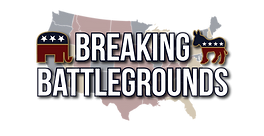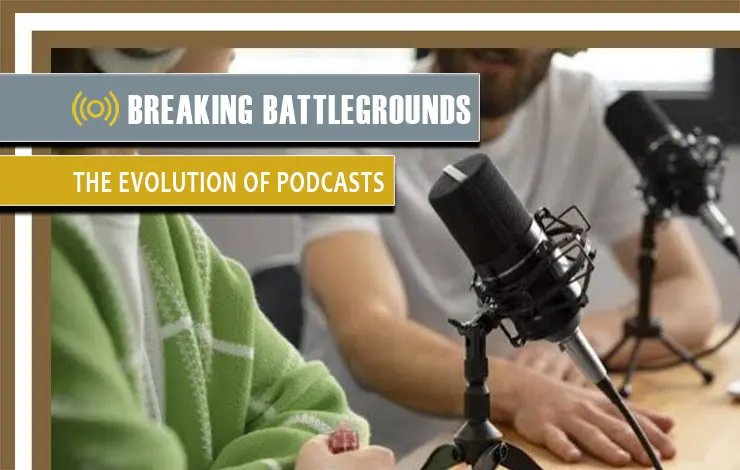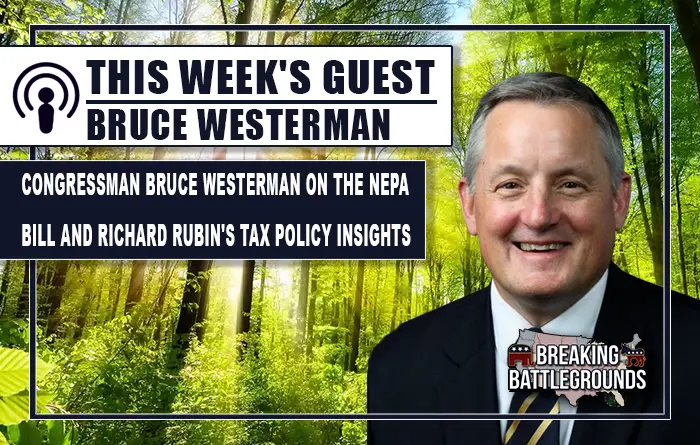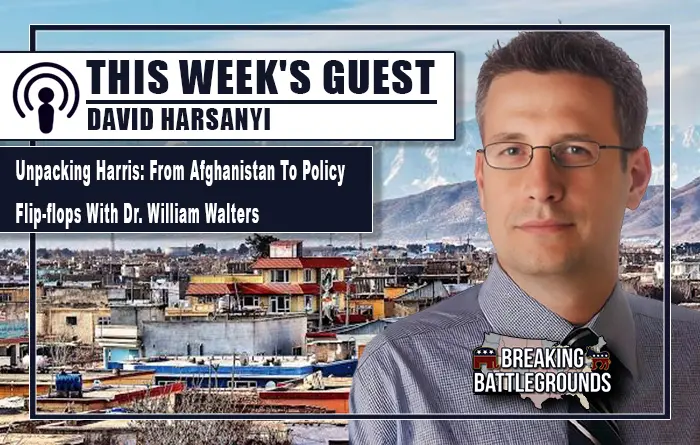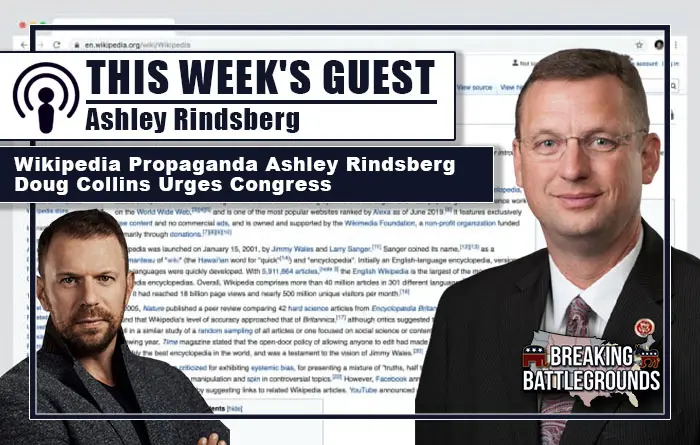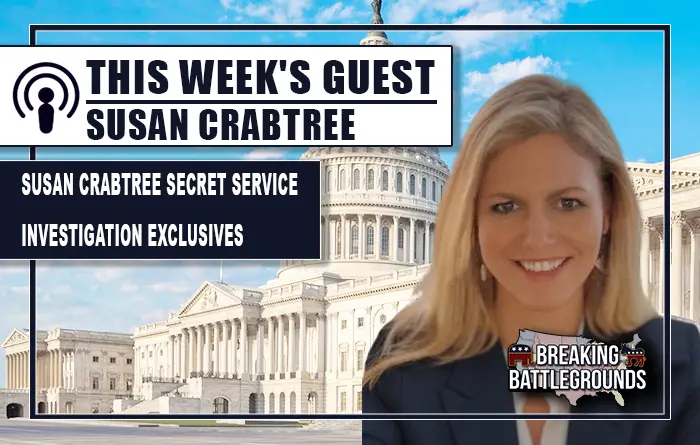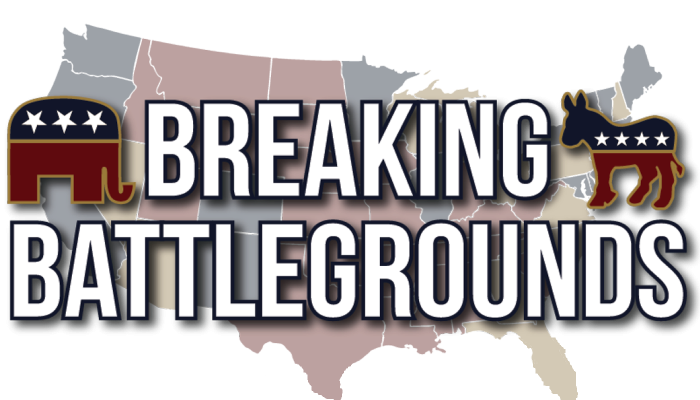The world of podcasts has significantly transformed since introducing the first-ever podcast in 2004. Podcasts have become a popular entertainment and information-sharing medium, with millions of listeners tuning in daily to their favorite shows. However, the evolution of podcasts has been remarkable. Podcasts changing over the years in response to technological advancements, changing audience preferences, and new content creation strategies. In this post, we will explore in more detail the evolution of podcasts, starting from their humble beginnings to their current state.
What Are Podcasts and How Have They Evolved?
Podcasts span various topics, but they all have a common core of elements. To begin with, podcasts are always audio content. Of course, some podcasts may also be made available in video form, but a podcast requires an audio-only version to qualify.
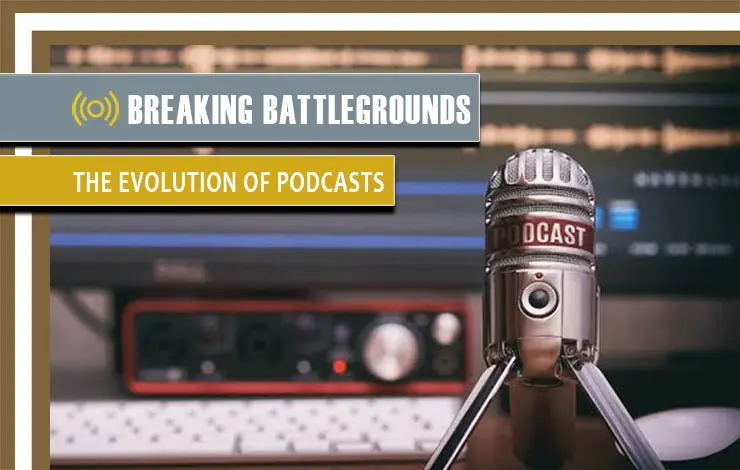
For instance, a political news show might have a few pundits discussing recent events. Even though the same thing might occur during an audio broadcast, a newscast is not transformed into a podcast by this. The producers of the content must have a clear intention to develop an audio-only version of it. Yet, podcasts’ content differs from radio broadcasts in that it is not meant to be a live broadcast. A show that only consists of live broadcasts is probably not a podcast. Some podcasts have live shows, for instance, when they answer listener queries.
Exploring the Ways Podcasts Generate Revenue and Make Money
Various podcasts generate revenue in various ways. The simplest way for content creators to monetize their work is frequently through sponsorships and advertisements. A podcast’s beginning or end and any section breaks in the middle may have advertisements.
Some podcasters also provide their listeners with exclusive content and additional benefits. Like Twitch, authors can offer regular memberships or specific premium episodes on Patreon and other platforms.
Indeed, the type of premium content will vary depending on the podcast’s format. Selling specific products or services associated with the podcast’s subject is an additional choice.
Let’s take the example where you are a CPA and a personal finance podcast host. You might advertise tax services to your listeners through the podcast. Ultimately, you can generate money off a podcast any way it makes sense for you and your listeners.
While sponsorships are a terrific place to start, experiment with fresh ideas that fit your podcast’s theme.
How Do People Listen to Podcasts, and What Platforms Are They Using?
Most people watch or download podcast episodes at their convenience rather than listen to them when released. Although there are many different devices on which you may listen to podcasts, most people use their smartphones or tablet to do so.
As long as they stick to specific requirements, Google will index podcasts. Further details on how to have your podcast appear in Google search results may be found on the Google website.
In most cases, this is done automatically by podcast hosting services, so if you are having any issues, contact your host. Podcasts are published and made easier to find and listen to via platforms like Spotify and iTunes.
Those interested in a particular podcast can also set up notifications to get a reminder whenever a new episode is released. It can be a challenging process to get a new podcast published on various platforms.
To build an audience, you must engage with viewers through Google, Apple, or Spotify because these platforms have the majority of viewers.
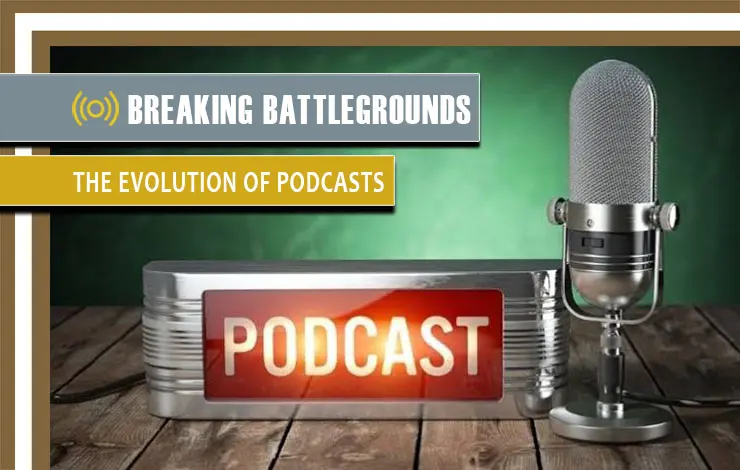
The History and Evolution of Podcasts
The evolution of podcasts started when the first-ever podcast was created in 2004 by former MTV VJ Adam Curry and software developer Dave Winer. The show, called “The Daily Source Code,” was an experiment in online broadcasting and was distributed via RSS (Really Simple Syndication) feed. The Daily Source Code was a precursor to the modern-day podcast and featured Curry sharing his thoughts and opinions on current events, music, and technology.
In the early days of podcasts, there were no dedicated platforms for hosting podcasts, and creators had to rely on RSS feeds to distribute their content. However, as the evolution of podcasts started, podcasts became more popular, dedicated podcast hosting platforms such as Libsyn and Blubrry emerged, making it easier for creators to publish and distribute their shows.
The Impact of Serials and the Rise of Podcasts in Popular Culture
2014 marked a turning point for podcasts when the true-crime podcast Serial was released. Hosted by journalist Sarah Koenig, Serial was an investigative journalism podcast that explored the 1999 murder of a high school student in Baltimore, Maryland. The show’s popularity exploded, with millions of listeners listening to Koenig’s in-depth investigation and analysis of the case. Serial’s success paved the way for other true crime podcasts, and the genre exploded in popularity in the following years. However, Serial’s impact on the podcasting industry exceeded true crime podcasts. The show’s success also helped to bring the evolution of podcasts into the mainstream, making them more accessible to a broader audience.
The Evolution of Podcast Content and Production Quality
As podcasts have become more popular, content creators have become more sophisticated in their production techniques and strategies. Most shows were recorded conversations between friends and colleagues in the evolution of podcasts. However, as podcasts have evolved, creators have developed more ambitious content, including scripted dramas, investigative journalism, and long-form interviews with experts.
The rise of podcast networks has also contributed to the evolution of podcast content. Networks such as Radiotopia and Gimlet Media have produced some of the past few years most popular and critically acclaimed podcasts, including Reply All, This American Life, and Homecoming. These networks have brought together talented creators, producers, and hosts to produce high-quality shows with slick production values and engaging storytelling.
The Emergence of Branded Podcasts: How Companies are entering the Podcasting Space
In recent years, Brands have started to understand how effective podcasts are as a marketing tool, leading to the emergence of branded podcasts. Companies or organizations create branded podcasts to promote their brand or products. They often feature interviews with experts, storytelling, and other forms of content that align with the brand’s values and mission.
One example of a successful branded podcast is The Message, a science fiction podcast created by General Electric. The Message was a hit with listeners, with millions of downloads and positive reviews. The evolution of podcasts effectively promoted GE’s brand by telling a compelling story that engaged listeners and aligned with the company’s values.
How Are Podcasts Changing the Marketing and Branding Landscape?
With the popularity of the evolution of podcasts, more and more companies are using them to market and promote their brand. Branded podcasts, or podcasts produced by a company or brand, have become increasingly common as a way to engage with audiences more intimately and authentically.
Companies can build a loyal following and establish themselves as thought leaders by creating content that aligns with their brand values and interests. In addition to branded podcasts, many companies sponsor existing podcasts to reach new audiences and build brand awareness.
The Future of Podcasts: Trends to Watch in the Coming Years
As we look to the future of podcasts, a few trends will likely shape the industry. One of these trends is the continued growth of the industry. According to a study by Edison Research, the number of people who listen to podcasts has increased steadily over the past decade, with 75% of Americans now familiar with the term “podcasting,” and 55% have listened to at least one podcast.
Another development that could impact the future of podcasts is the continued rise of smart speakers and voice assistants. As more people adopt smart speakers like Amazon’s Echo and Google Home, podcasts are becoming more accessible than ever before. Voice assistants like Siri and Alexa can play podcasts with a simple voice command, making it easier for listeners to access their favorite shows.
Finally, we expect to see more podcast production and distribution innovation. Podcast creators are already exploring new technologies like spatial audio and personalized content, and we can expect to see more experimentation. Additionally, as more and more companies enter the podcasting space, we expect to see more competition for listeners and ad revenue, leading to new business models and revenue streams.
Conclusion
The evolution of podcasts has been nothing short of remarkable. From their humble beginnings as an experiment in online broadcasting to their current status as a mainstream form of entertainment and information sharing, podcasts have come a long way in just a few short years.
Today, podcasts are more diverse, ambitious, and sophisticated than ever, with creators and listeners pushing the boundaries of what is possible in audio storytelling. In the years to come, we may anticipate massive growth, innovation, and experimentation in the podcasting industry, with podcasts continuing to shape how we consume and engage with media.
